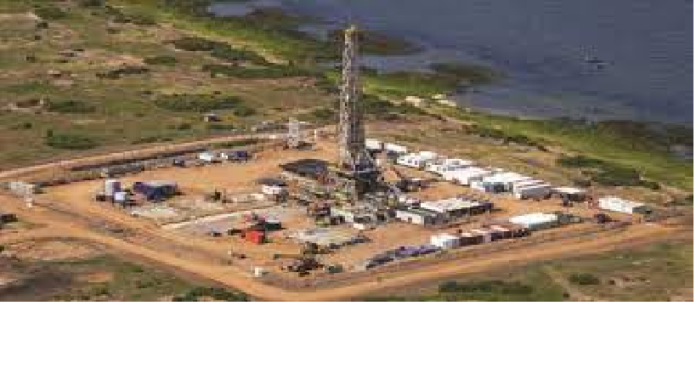“We can see the majors starting to talk about their energy transition, with them now focusing on carbon emissions and leaving the long-hanging fruit behind where local African companies can make a significant living from. This is a natural handover and we are helping, starting as operator in charge of getting the finance and then gradually help you pick up the remaining skills you have been lacking to take over operatorship with us as a strong partner.”
With the challenge arising from the growing concern for climate change, and the aggression with which the IOCs are navigating away from oil into new energy frontiers, speakers at the just concluded Africa Energy Week brainstormed on certain key areas including whether or not African companies and technical staff are ready to harness the opportunities which are still present within the assets originally owed by IOCs who are also relinquishing them to harness new business opportunities.
Kicking off discussions, Robin Sutherland, President and CEO, Baobab Energy Africa stated: “We can see the majors starting to talk about their energy transition, with them now focusing on carbon emissions and leaving the long-hanging fruit behind where local African companies can make a significant living from. This is a natural handover and we are helping, starting as operator in charge of getting the finance and then gradually help you pick up the remaining skills you have been lacking to take over operatorship with us as a strong partner.”
Expanding on this natural evolution, Dr. James Edet, President Nigerian Association of Petroleum Explorationist, NAPE stated said: “A lot of expertise is leaving the industry. So, who takes over? NAPE is involved in all kinds of training and business discussions, bringing a lot of young people up. We need to change the way we educate our students and young people. Training and education are key.”
Engineer Fuad Mosa, General supervisor of Local Content, Risks and Crises Management, Ministry of Energy of Saudi Arabia said: “The subject of local content and securing energy is key. To secure energy in a sustainable way, you need to think about local content. You need to first understand your value position. Our leaders thought long-term about how to leverage our value position. Based on this, we have set up the right incentives in order to create demand. Local content starts by creating demand.”
Focusing on Nigeria, Yemi Adetunji, Group Executive Director Downstream, the Nigerian National Petroleum Corporation Ltd, emphasized that “the country’s downstream sector is 100% Nigerian. We have had the benefit of a long period of development. Development has moved through the IOCs, and we have acquired a lot of experience in this time. Even when the majors were in the country, Nigeria had 60% of these operations so it was easy for us to take over that. Now, with IOCs leaving shallow waters to focus on deep offshore basins, Nigerians are ready to take this over.”
Meanwhile, Tony Paul, the African Development Bank Advisor stated that he has “admired what Nigeria has done,” adding that, “The level of projects allows you to invest in capacity. Firstly, you have the capacity to oversee it: the regulator, and then you have the projects and the capacity building. Ghana has done something similar and moving forward, putting in place a regulator but they have a small population with lots of projects. The level of implementation is based significantly on the market base. Regulatory frameworks give clarity and consistency but you need someone to oversee it and implement it.”
Moving on to Equatorial Guinea, Jacinto Owono, Local Content, Ministry of Mines and Hydrocarbons, Equatorial Guinea said: “When we started exploring, we did not want to invent the wheel. We sat down and planned the journey with people who have done it before. This way, we were able to put our local content framework in place. Now, we encourage partnerships and create joint ventures with companies who have expertise. We feel that sooner or later, we will take our destiny in our own hands.”
With international oil companies moving ahead with divestment strategies, prioritizing renewable projects above oil and gas, African NOCs and independents are stepping up to the challenge, with speakers providing insight financing as well as the organization driving local content in Africa.
According to Ejike Egbuagu, CEO/Founder, Moneda Invest Africa “We are faced with the possibility of being locked out of financing, but we still need to develop. So, we need to think about how to channel African funds into African projects. For the purpose of scale and fulfilling the interests we have jointly, we need to recognize Africa as one block and be able to pull together demand and then look at funding as a block. We have coined the term ‘African content’ and we want to see African countries adopting this. We want to see Nigerian companies operating in Namibia, creating skills and transfer programs. We created Moneda to be a bridge between banking and execution.”


